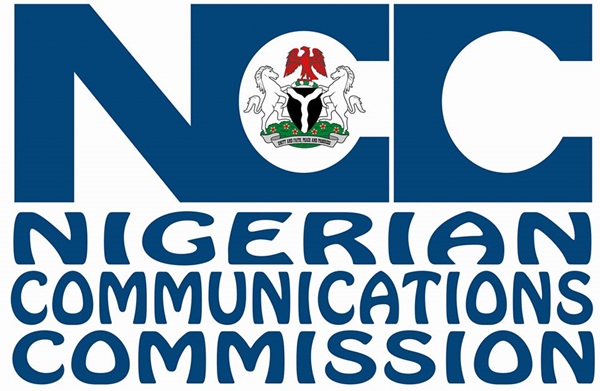
The Nigerian Communications Commission (NCC) has partnered with the Association for Progressive Communications (APC) and other institutional stakeholders to address persistent challenges facing rural network connectivity in Nigeria.
This collaboration culminated in a two-day workshop held in Abuja from June 3 to 4, 2025, aimed at exploring policy frameworks that support community networks to bridge the digital divide and spur socio-economic development in underserved and unserved areas across the country.
The workshop convened key actors, including regulators, community leaders, technical experts, and potential foreign investors. Together, they examined policy and regulatory barriers, innovative funding approaches, sustainable renewable energy solutions and the need for deeper stakeholder collaboration to achieve inclusive digital access.
Addressing participants at the event, the executive vice-chairman (EVC) of the NCC, Dr. Aminu Maida underscored the importance of such engagements in achieving inclusive development. Represented by the commission’s executive commissioner, technical services, Abraham Oshadami, Maida said the workshop provided a unique opportunity to leverage the insights, experience and expertise of a diverse range of stakeholders.
“This forum allows us to collectively address critical issues such as device affordability, network access, licensing, spectrum allocation, infrastructure development, and sustainability,” he said. “At NCC, we recognise the transformative potential of community networks in achieving digital inclusion, especially for those in underserved and unserved areas.”
He reiterated NCC’s dedication to fostering innovation, removing structural barriers and enabling inclusive policies that ensure every Nigerian has equitable access to the benefits of digital connectivity. “We are committed to this journey and see this workshop as a catalyst for meaningful change,” he added.
Co-manager of APC’s Local Networks (LocNet) initiative, Kathleen Diga explained that the collaboration was designed to confront challenges undermining digital inclusion efforts.
“This workshop creates a space for open exchange of ideas and practical solutions. We believe in the bottom-up approach, where local communities, small enterprises and cooperatives play active roles in filling the digital gaps,” she said.
Diga emphasised the growing relevance of community connectivity efforts across the global south, including Nigeria. She described them as strategic responses to persistent digital exclusion, advocating for policy recognition and support to expand their reach.
Presentations during the workshop featured contributions from the NCC, APC and other agencies such as the Rural Electrification Agency (REA) and the Central Bank of Nigeria (CBN). Discussions centered on the development of a joint policy framework that would effectively tackle the rural digital divide.
According to a statement from NCC’s acting head of public affairs, Nnenna Ukoha, APC is a 35-year-old member-based international network that promotes digital inclusion in underserved communities, especially in the global south. The workshop, through the LocNet initiative, aimed to shape a supportive and inclusive regulatory environment for community networks in Nigeria.


